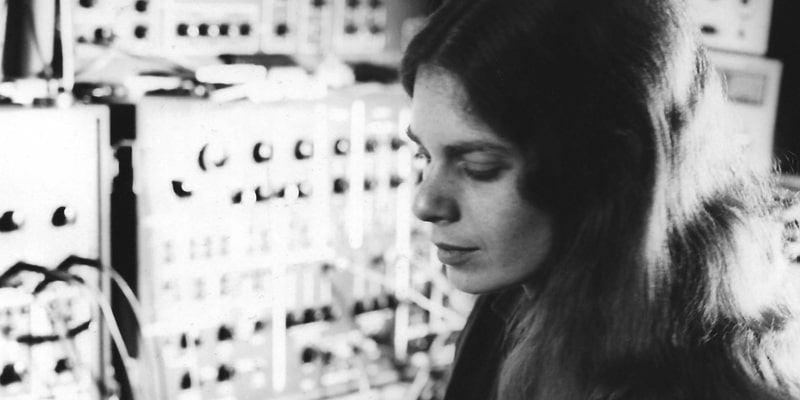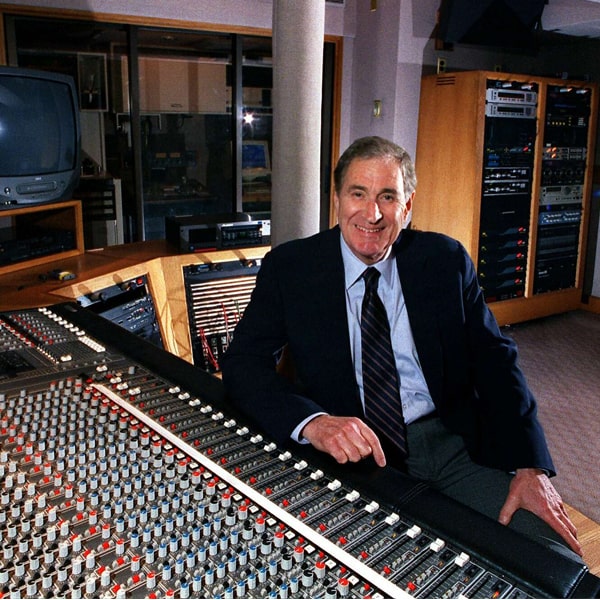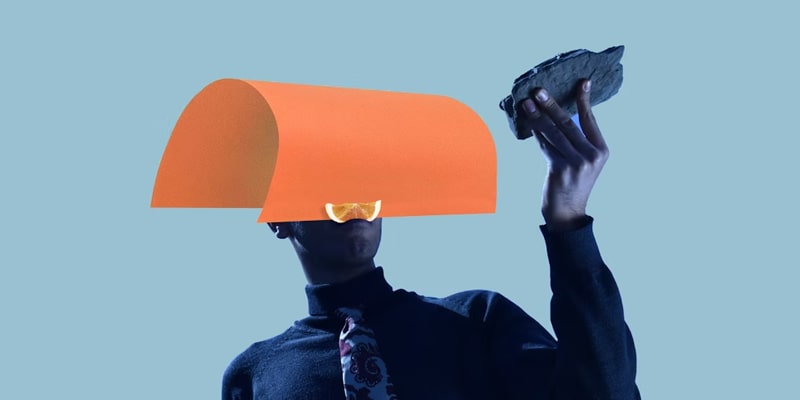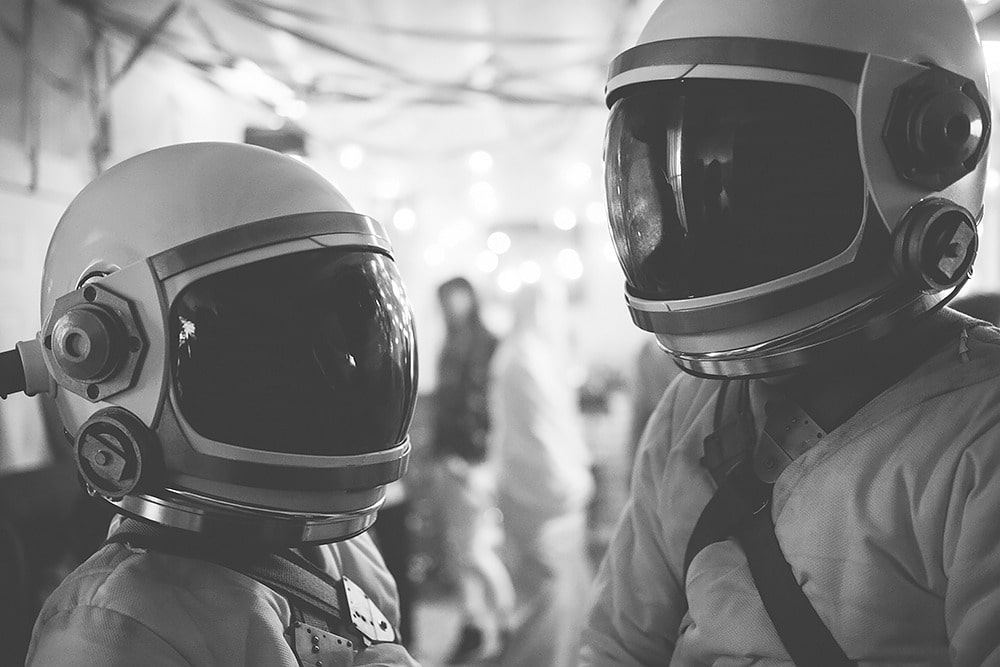Laurie Spiegel is an American composer, performer, and one of the most influential pioneers of electronic music. Her contributions to the world of musical technology have not only opened new horizons for electronic composition but also changed the way we understand the interaction between humans and computers in the creative process.
Laurie Spiegel was born in 1945 in Chicago, USA. Her love for music manifested in childhood when she began learning to play guitar, lute, and mandolin. She studied computer science and composition at Oberlin College, where her interest in music was combined with a fascination for technology.
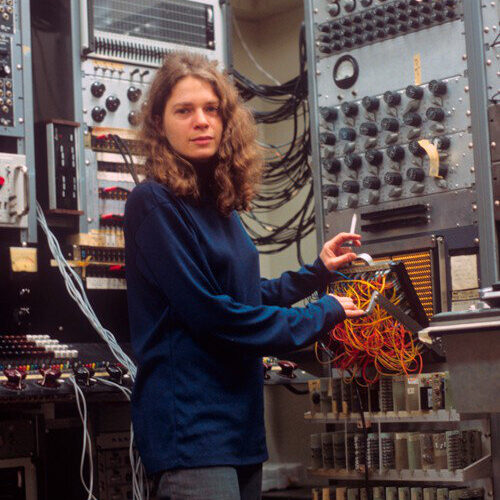
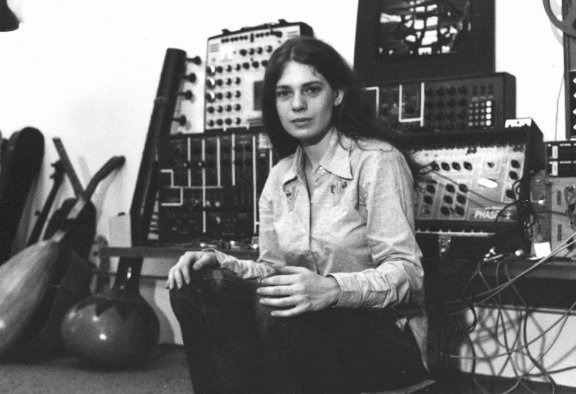
Spiegel began working with synthesizers in the early 1970s, notably with the legendary Buchla synthesizer, which was an important tool for many composers of that era. Her work was distinguished by the use of new electronic technologies to create complex rhythms and harmonies, representing a novel approach to composition.
One of Laurie Spiegel’s most renowned works is the album The Expanding Universe, released in 1980. This album was a significant achievement in electronic music and is one of the most notable examples of using computers in musical composition. The music in this album combines deep emotions with mathematical precision, creating a unique sonic landscape.
One of Spiegel’s major contributions to the world of music is her development of software for composers. The most well-known program she created is Music Mouse – An Intelligent Instrument, developed in the 1980s. This program allowed musicians to create complex musical compositions using a graphical user interface and a computer mouse. Due to its ease of use and powerful capabilities, Music Mouse became a unique tool for many composers and performers.
Spiegel also worked at renowned institutions such as Bell Labs and the Electronic Music Laboratory in New York, where her research and development continued to expand the possibilities of computer music. Her innovative projects, including the development of algorithmic tools for music generation, have made significant contributions to the advancement of computer music technologies, which continue to influence contemporary composers and performers. Laurie’s work inspires new generations of musicians to experiment with electronic sounds and computer technology. Spiegel is also active as an educator and thinker, contemplating the interaction between technology, art, and human consciousness.
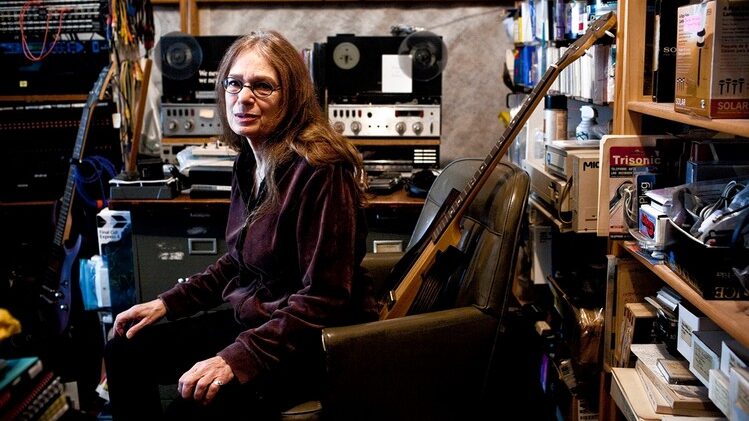
Her work has also generated considerable interest among artists and scholars, making her an important figure not only in the musical but also in the broader cultural sphere. Spiegel has left a legacy that continues to inspire not only musicians but also anyone interested in the possibilities of combining art and technology.
Laurie Spiegel is one of those people whose innovative approaches and deep understanding of music and technology have left an indelible mark on global culture. Her work serves as an inspiration for future generations of creators who will continue to explore the possibilities of music and technology. We thank her for that.
